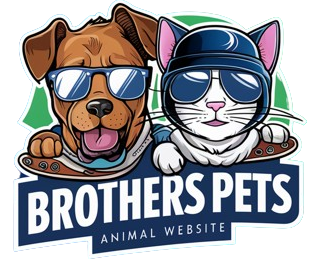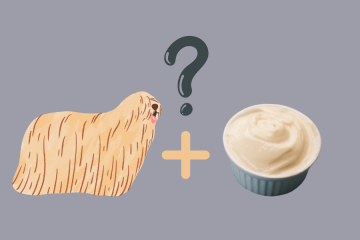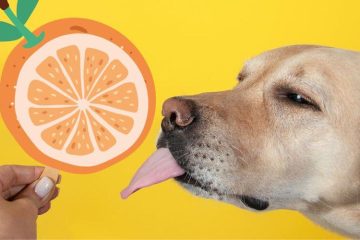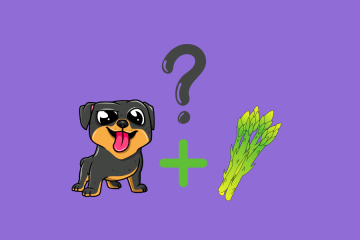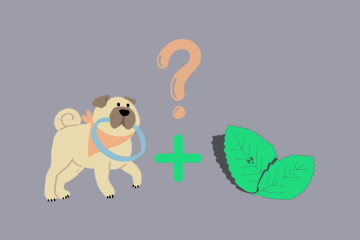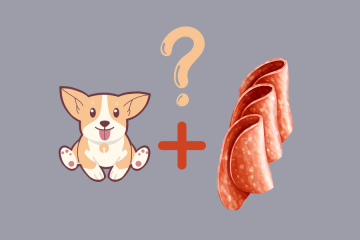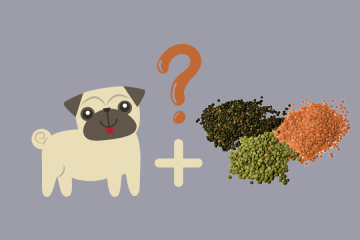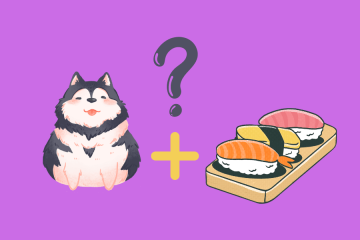We love cheese, so much! We would even say it’s brie-lliant. But, let’s cut the cheese. We’ve got some gouda news and bad news:
Dogs&Cheese Facts
- dogs can eat cheese
- some types of cheese are potentially harmful to dogs
- dogs, like humans, can be lactose intolerant
- it’s best to go cheesy on the portions of cheese for your dog
Can Dogs Eat Cheese?
So, can dogs eat cheese? The answer is yes – some types of cheese are safe for dogs and make great treats.However, it is important to be aware of the risks associated with giving your dog too much cheese, especially of the wrong kind. Always start with a small piece and observe how your dog reacts before giving them any more. Remember to not give cheese to your dog altogether if he’s lactose intolerant. And consult your veterinarian if you have any questions or concerns.
| Safe | Not Safe |
| Brie✔️ | Blue Cheese❌ |
| Swiss✔️ | Camembert❌ |
| Parmesan✔️ | Feta❌ |
| Asiago✔️ | Cottage Cheese❌ |
| Emmental✔️ | Ricotta❌ |
| Provolone✔️ | Cheddar❌ |
| Romano✔️ | Cream Cheese❌ |
| Goat Cheese✔️ | Mozarella❌ |
The Benefits of Cheese for Dogs
Cheese has many nutrients that are beneficial to your pup’s health:
- high in protein (for building muscle) and calcium (for strong bones);
- good source of vitamins A, B12, D;
- contains omega-three fatty acids, which help with brain development and healthy skin/coat;
- rich in lactic acid bacteria that helps with digestion.
If you want to give your dog some dairy products, yogurt is also a great alternative to cheese. Yogurt contains less lactose than cheese and is easier for dogs to digest. It also has beneficial bacteria that helps with digestion and gut health.
The Risks of Feeding Cheese to Dogs
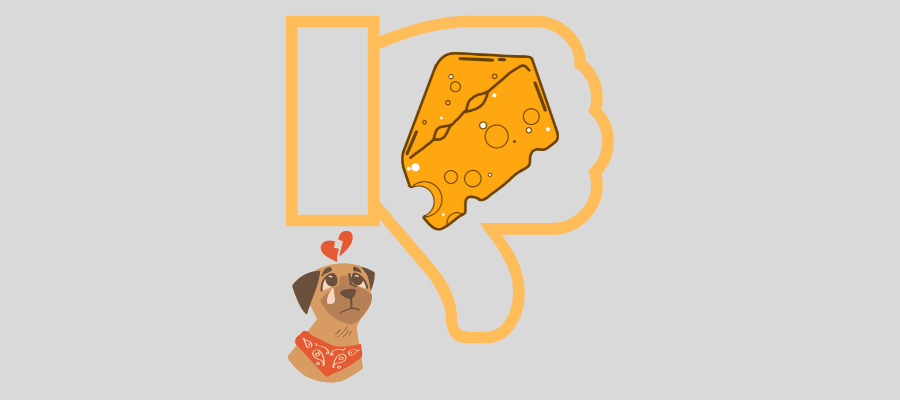
Can dogs eat cheese? Yes and no: to introduce cheese to your pup’s diet responsibly, learn about the following risks of this diary product for canines.
- The first thing to know is that cheese contains lactose, a sugar found in dairy products like milk and yogurt. Some dogs are allergic or have lactose intolerance, so it’s best not to give them any kind of dairy product (including cheese). If you do decide to try giving your dog cheese, start by giving them a small piece and observing how they react. If your dog seems to have any adverse reactions, such as diarrhea, vomiting, or gas, then it is best to avoid giving them cheese in the future (this may take some trial-and-error).
- Some kinds of cheese are high in fat and sodium, which can be toxic to dogs.
- Cheese also contains cholesterol, which can build up in your dog’s arteries over time. This buildup may lead to heart disease or a stroke if left unchecked.
So, is cheese harmful to dogs? It may be. This is why it should never be a permanent part of your dog’s diet.
Types of Cheeses That Are Bad for Dogs
Some cheeses are safe for dogs, but not all of them! The following list will help you determine which cheeses are best avoided:
- Blue Cheese (contains mold that could cause sickness in dogs).
- Camembert (high in fat and sodium; also contains mold that could make your dog sick).
- Feta (contains a lot of salt).
- Cottage Cheese (low in fat, but can cause digestive problems in some dogs).
- Ricotta (high in lactose).
- Cheddar cheese and mozzarella cheese (high in fat and sodium; also contains mold that could make your dog sick).
- Cream cheese is a high-fat cheese, so it’s not the best choice for dogs that are obese or have pancreatitis. It also contains sodium, which can be harmful in large amounts.
These Cheeses Are Good for Dogs
Cheese is not generally recommended for dogs because it can contain high levels of sodium and fat, which may be harmful to their health. However, if your dog does not have any adverse reactions to cheese, then a small piece as a treat every once in a while is okay. Dogs can eat cheese of these varieties:
- Brie Cheese (low in fat and sodium; also contains mold that is harmless to dogs)
- Swiss Cheese (low in fat and sodium; contains some cholesterol, but it’s not harmful to dogs)
- Parmesan Cheese (high in protein and calcium; low in fat and sodium)
- Asiago Cheese (high in protein and calcium; low in fat and sodium)
- Emmental, Provolone and Romano Cheeses (high in protein and calcium; contain some cholesterol, but it’s not harmful to dogs)
- Goat cheese (very similar to cow’s milk, but it has less lactose, meaning that dogs with a dairy allergy or intolerance may be able to eat goat cheese without any problem)
So, can dogs eat cheese? The short answer is yes – but not all cheeses are good for dogs. Be sure to read the label and choose a cheese that is low in fat, sodium, and cholesterol.
How Much Cheese Can a Dog Have? Go (ch)Easy On It
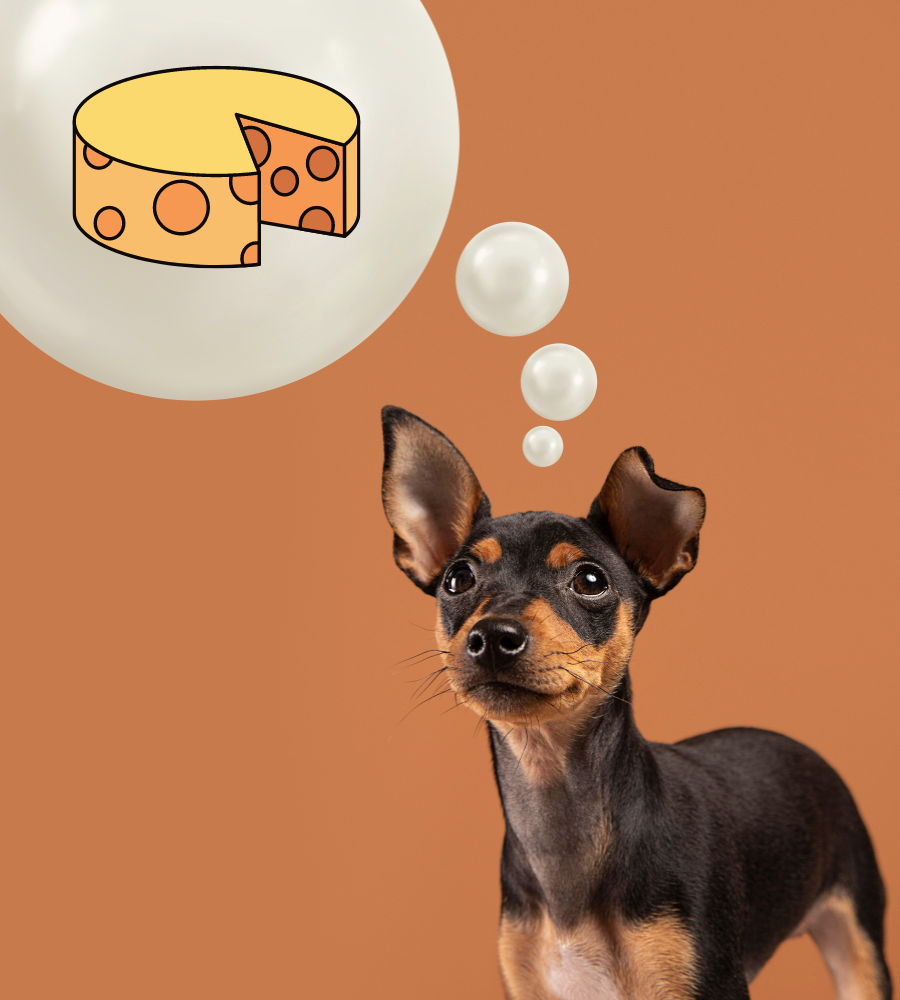
Our furry friends can certainly enjoy a cheesy treat now and then – just be sure to portion it out properly! A big pup’s ideal serving is around an ounce, while smaller dogs should stick to no more than half. As long as your pooch isn’t lactose intolerant, they’re good for one weekly cheese snack – yum!
How to Safely Feed Your Dog Cheese
- Start by giving them a small piece of cheese. Observe how they react before giving more pieces.
- If you’re giving your dog hard cheeses like cheddar, make sure to take the rind off first. It’s okay to give them softer cheeses like brie or Provolone cheese in larger pieces since they’re not as hard.
- You can shred it into their dog food bowl as a tasty addition that will help them meet their daily nutritional needs.
- As always, contact your veterinarian if you have any questions about whether or not it is safe for your dog to eat cheese. They will be able to provide personalized advice based on your dog’s individual health history.
Sarah Jameson is a journalist, reporter and a pet nutritionist. She is married to Peter, and they have two beautiful children, Zoey and Quinn. In her spare time, Sarah enjoys cooking for her family and playing snooker. She also loves spending time with her Scottish Terrier, Bobby.
